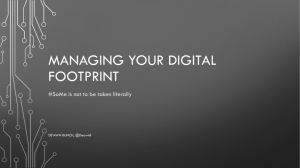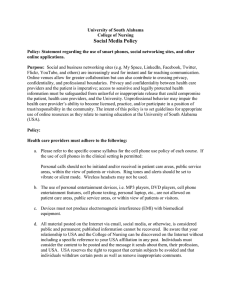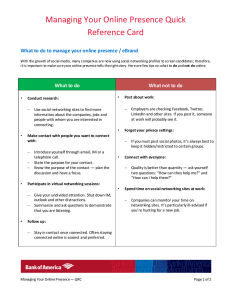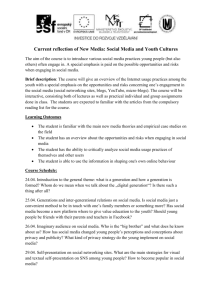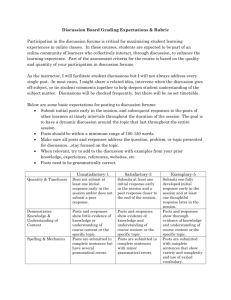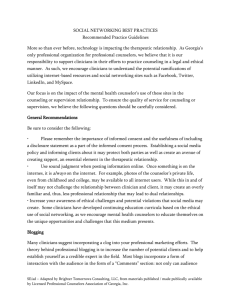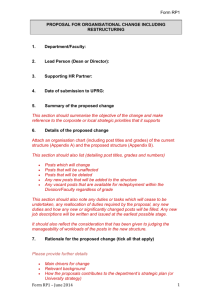Private Lives are No Longer Private A man steps out of his car just
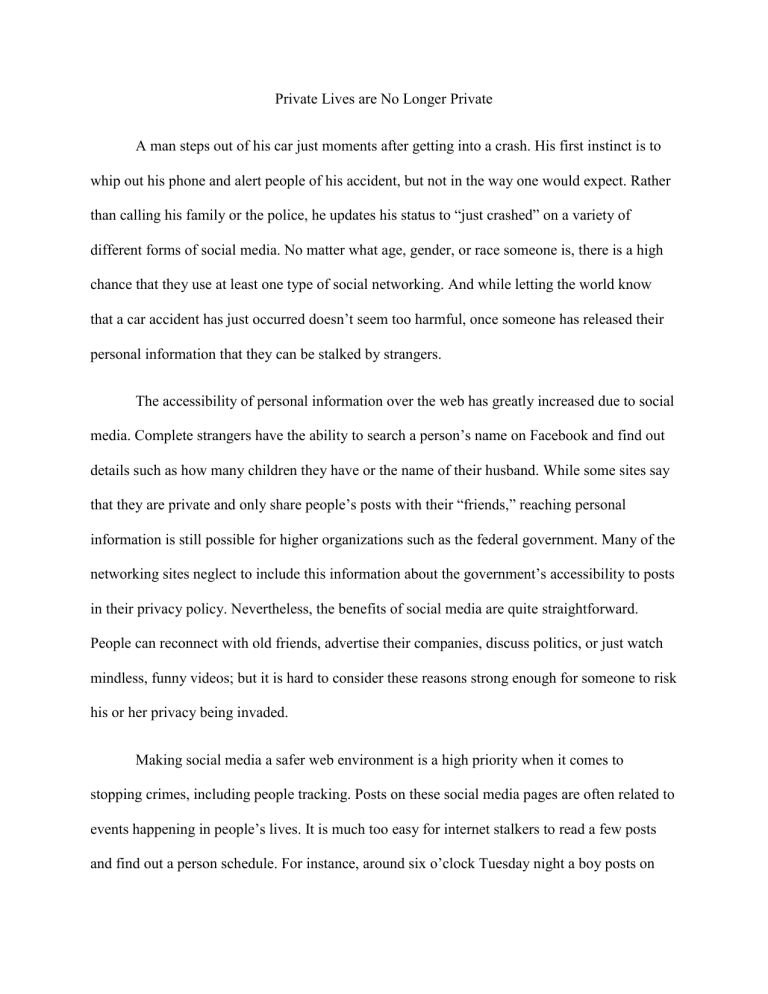
Private Lives are No Longer Private
A man steps out of his car just moments after getting into a crash. His first instinct is to whip out his phone and alert people of his accident, but not in the way one would expect. Rather than calling his family or the police, he updates his status to “just crashed” on a variety of different forms of social media. No matter what age, gender, or race someone is, there is a high chance that they use at least one type of social networking. And while letting the world know that a car accident has just occurred doesn’t seem too harmful, once someone has released their personal information that they can be stalked by strangers.
The accessibility of personal information over the web has greatly increased due to social media. Complete strangers have the ability to search a person’s name on Facebook and find out details such as how many children they have or the name of their husband. While some sites say that they are private and only share people’s posts with their “friends,” reaching personal information is still possible for higher organizations such as the federal government. Many of the networking sites neglect to include this information about the government’s accessibility to posts in their privacy policy. Nevertheless, the benefits of social media are quite straightforward.
People can reconnect with old friends, advertise their companies, discuss politics, or just watch mindless, funny videos; but it is hard to consider these reasons strong enough for someone to risk his or her privacy being invaded.
Making social media a safer web environment is a high priority when it comes to stopping crimes, including people tracking. Posts on these social media pages are often related to events happening in people’s lives. It is much too easy for internet stalkers to read a few posts and find out a person schedule. For instance, around six o’clock Tuesday night a boy posts on
Twitter that he just finished a “super hard baseball practice.” The next day his friend tags him in a picture taken at Higley Fields Baseball Park. It would be very easy for someone to confront the boy at six o’clock on Tuesday night at Higley Fields, even if they know close to nothing else about him. Children and teenagers make up most of the population that uses social media and the privacy risks that they take while on these sites are too high.
These networks must be made safer by the immediate removal of the government. It is unethical for people to be viewed by the government via social media. Many people may argue that the government is only trying to protect the public, but it is scary to think that United States federal workers may be discovering what people did last night without them even having knowledge of it. Another way to protect people online is to create new programs that alert people to who is viewing their profile. This would have to be a change made in the future, as we do not currently have the necessary technology. Overall it is imperative that changes are made to the current system of social networking in order to improve the privacy of people’s profiles.
It is undeniable that social networking has created an entire new set of privacy issues for the public. Not only has the amount of identity theft increased, but new crimes have even been created. Before social media, cyber-stalking wasn’t a prevalent issue, but it has now become an immense problem. So the next time someone is about to tweet about the car crash they just got into, be sure to remind them not to give out too much information, or it could end up risking their privacy
